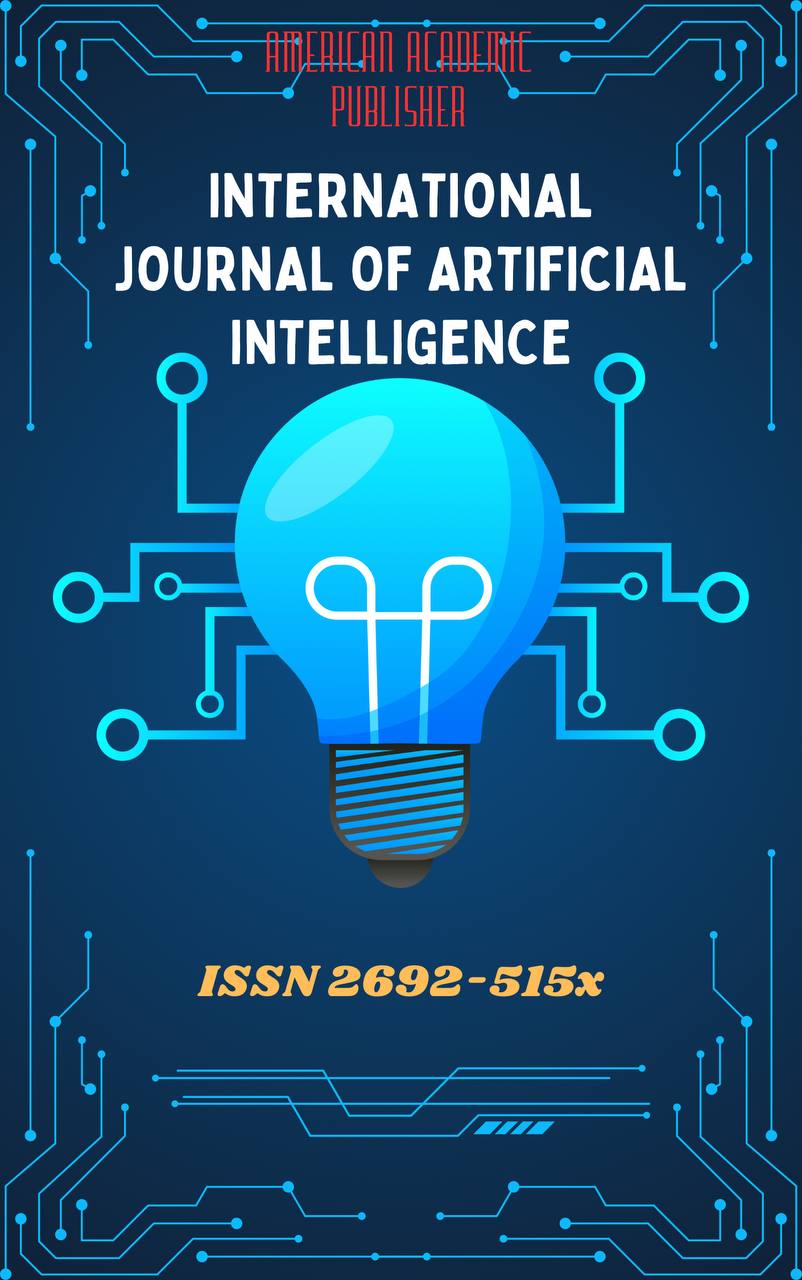 Articles
| Open Access |
Articles
| Open Access | NAVAI AND DANTE: IDEALS OF HUMANITY IN "KHAMSA" AND "DIVINE COMEDY"
Qodirova Sevinchoy Azim qizi , Urgench Ranch Technological UniversityAbstract
This scientific article provides a comparative analysis of the universal ideas of humanity expressed in the works of Alisher Navoi's "Khamsa" and Dante Alighieri's "Divine Comedy" - such themes as spiritual quest, justice, love, and the pursuit of divine truth. The study examines the artistic style, symbolism, and philosophical views in the works of these two great representatives of Eastern and Western cultures, as well as their significance for modern humanity
Keywords
Alisher Navoi, Dante Alighieri,
References
Navoiy, A. (1991). Khamsa. Tashkent: Gafur Ghulom Publishing House of Literature and Art.
Alighieri, D. (2014). Divine Comedy (trans. A. Ahmadjonov). Tashkent: Akademnashr. 3. Karimov, N. (2018). Literary relations between the East and the West. Tashkent: Fan Publishing House. 245 p.
Qodirov, M. (2019). Methods of comparative literary studies. Tashkent:
Yusupova, D. (2021). "Spiritual research in the works of Navoi and Dante". Oriental Studies, No. 2, 34-41.
Abdullayeva, S. (2022). Moral ideal in "Khamsa" and "Divine Comedy". Philology. Dissertation. Tashkent. 154 p."Dante Alighieri's Divine Comedy: A Digital Edition" (2023). https://digitaldante.columbia.edu
Article Statistics
Downloads
Copyright License

This work is licensed under a Creative Commons Attribution 4.0 International License.

